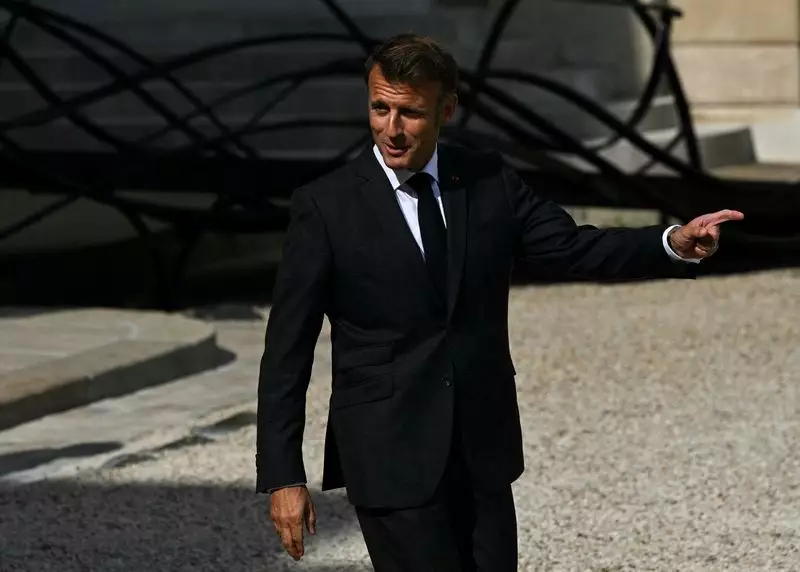France’s President Emmanuel Macron’s upcoming visit to Belgrade aims to strengthen ties with Serbia and bring the country closer to the West. This visit comes at a crucial time for Serbia as it navigates its European Union membership bid while maintaining close relationships with Russia and China. Macron and his Serbian counterpart, Aleksandar Vucic, are set to discuss various issues, including the potential purchase of France’s Rafale fighters, energy cooperation, and advancements in artificial intelligence.
The Significance of the Rafale Fighters Purchase
The purchase of Rafale fighters from France holds historical and political significance for Serbia. This deal represents a departure from the country’s previous reliance on Soviet-Russian military technology, marking a shift towards diversification and modernization. The purchase is not merely transactional but involves foreign policy considerations and alignment with Western interests. However, there are still unresolved issues surrounding the deal, indicating the complexities of military acquisitions in the context of geopolitical dynamics.
Serbia’s strategic position at the crossroads of the East and West presents a unique set of challenges and opportunities. The country’s historical ties to Russia and China, coupled with its aspirations for EU membership, require a delicate balancing act. While Serbia remains dependent on Russian gas and has received support from the Kremlin on certain political issues, it also seeks to strengthen its ties with Western countries like France. Navigating these competing interests necessitates careful diplomacy and strategic decision-making.
Before Serbia can achieve EU membership, it must address key areas such as democracy, the rule of law, judiciary reform, anti-corruption efforts, and alignment with EU foreign policy positions. Improving governance standards, eliminating red tape, and combatting organized crime are essential steps towards meeting the EU’s accession criteria. Additionally, aligning Serbia’s foreign policy with Brussels, including potential sanctions against Russia, is a crucial component of the country’s path to EU integration.
During Macron’s visit, discussions between France and Serbia are expected to cover areas of energy cooperation and advancements in artificial intelligence. Both countries are likely to sign agreements aimed at fostering collaboration in these key sectors. Enhancing energy security and developing technological capabilities are essential for Serbia’s long-term sustainability and competitiveness. Cooperation with France could provide valuable opportunities for Serbia to modernize its energy infrastructure and drive innovation in emerging technologies.
Serbia’s relationship with the West is a multifaceted and dynamic process that requires careful navigation of competing interests and priorities. Macron’s visit to Belgrade underscores the importance of maintaining strong ties with Western allies while simultaneously engaging with other global powers. The challenges and opportunities faced by Serbia underscore the complexities of international relations in a rapidly changing world. By balancing its relationships with the East and West, Serbia can position itself as a key player in the regional and global arena.

